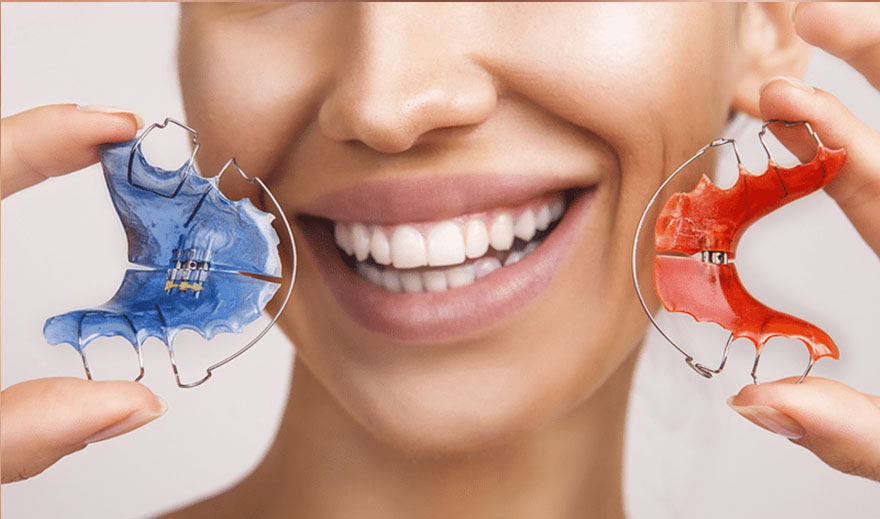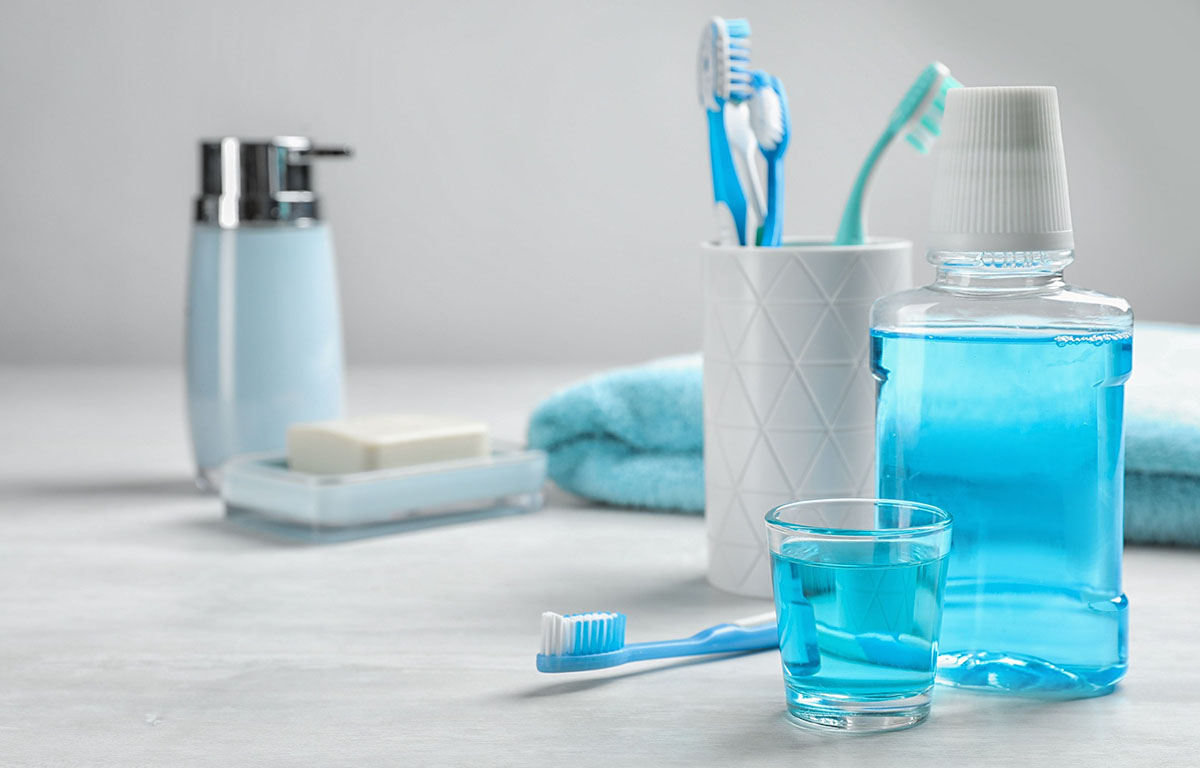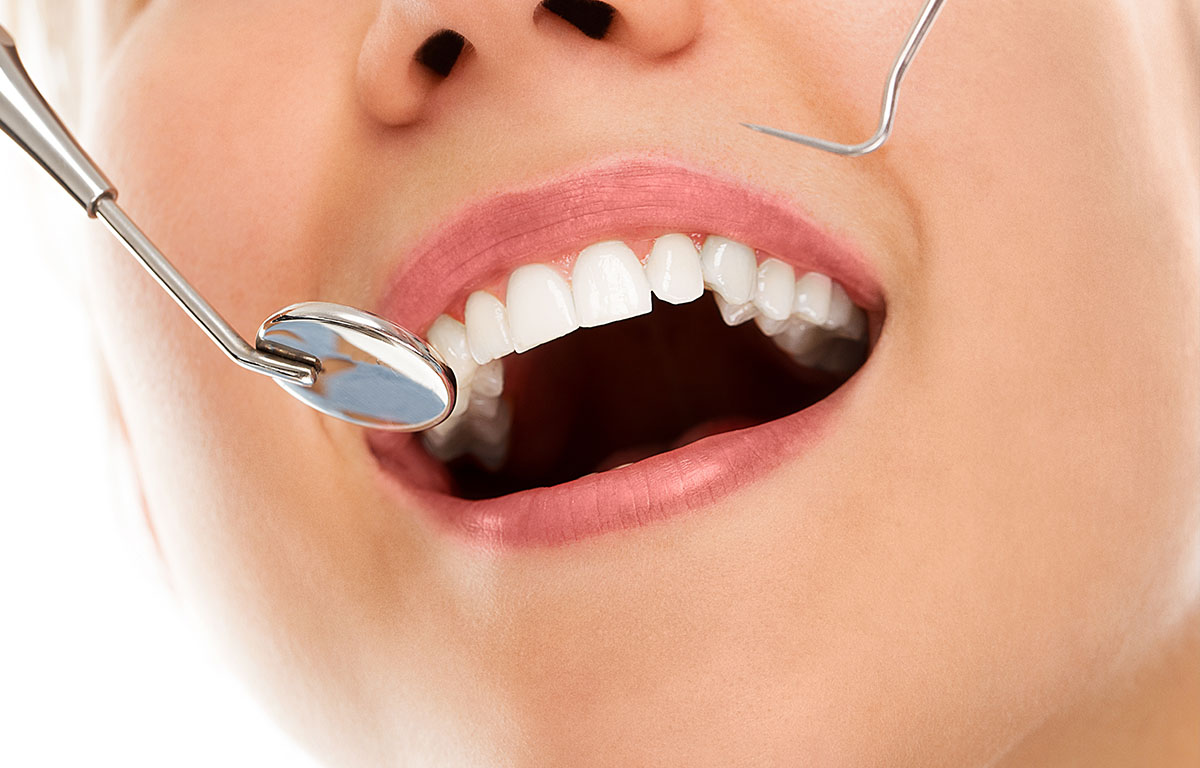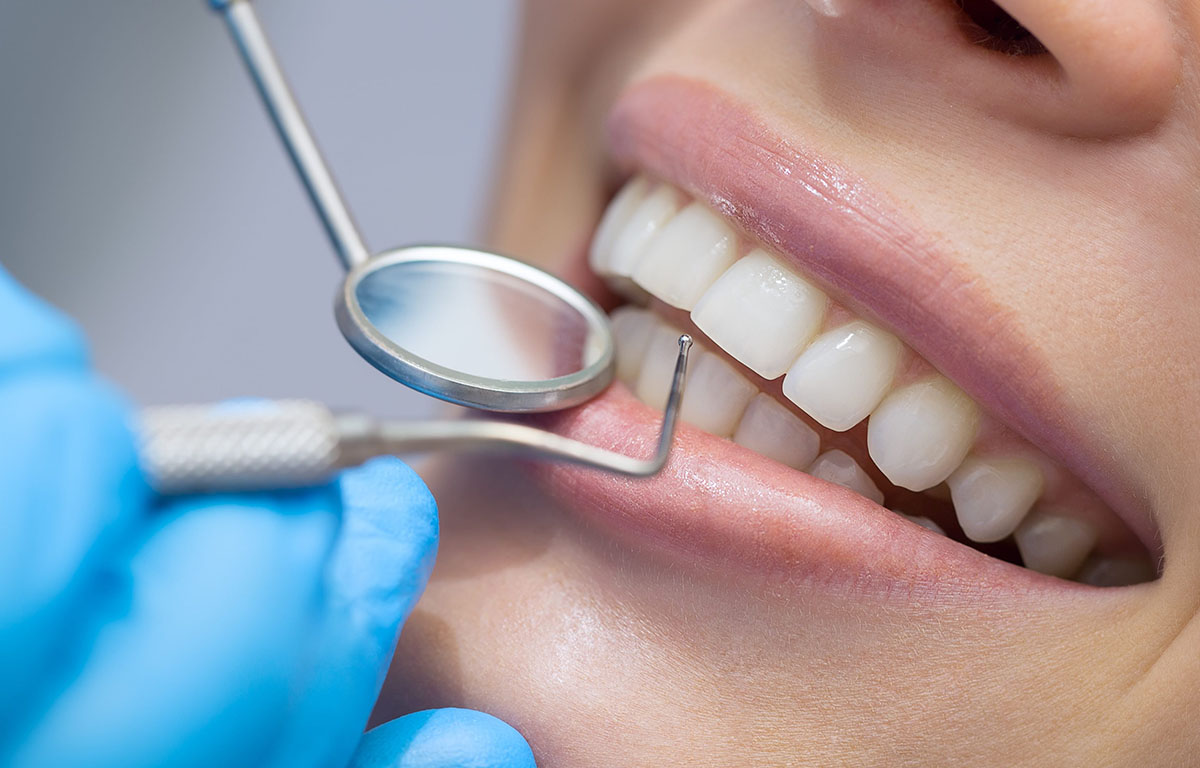
Retainers at Antalya Dental Hospital, Turkey
Retainers: What Are They, Benefits and Cost
Keep your new smile for a lifetime.
Wearing your retainers after your treatment is just as important as the treatment itself. Based on your treatment, your orthodontist will recommend the type of retainers that will suit you best.
The structures around your teeth take time to adjust to their new positions. Your retainers are fixed or removable little devices that will hold and stabilize your teeth in position after completing your treatment.
Need more advice?
If you need free and impartial advice about your oral health, contact our Antalya Dental Hospital Helpline by email or call +90 242-999-1227 (local rate call in the Turkey).
Our Antalya Dental Hospital Helpline is completely confidential and has helped almost 20,000+ people. Contact our experts by telephone, email or online enquiry, Monday to Friday, 08:00 - 18:00.
Frequently Asked Questions About Dental Health
FAQs
Our FAQs are the most commonly-asked questions put to our Dental Helpline over the last year. If you have a question for us, you can ask our Dental Helpline by telephone or email. Alternatively, please take a look at our library of oral health information, which contains a wide range of oral health advice in an easy-to-understand Q&A format.
Every time you eat or drink anything acidic, the enamel on your teeth becomes softer for a short while, and loses some of its mineral content. Your saliva will slowly cancel out this acidity in your mouth and get it back to its natural balance. However, if this acid attack happens too often, your mouth does not have a chance to repair itself and tiny bits of enamel can be brushed away. Over time, you start to lose the surface of your teeth.
There are many toothpastes, and some are designed for different needs. There are toothpastes for gum health, sensitive teeth and for smokers, ones with anti-bacterial agents, and others which help to restore the natural whiteness of your teeth. Your dental team can recommend the most suitable toothpaste for your needs.
Unlike broken bones, the crack in a tooth will never heal completely. After treatment, a crack may get worse and you could still lose the tooth. It is still important that you get treatment, because most cracked teeth can work normally for years after treatment. Your dental team will be able to tell you more about your particular problem and recommend a treatment.
Some of the shiny, outer enamel surface of the tooth may be removed, to make sure that the veneer can be bonded permanently in place later. The amount of enamel removed is tiny and will be the same as the thickness of the veneer to be fitted, so that the tooth stays the same size.
A local anaesthetic (injection) may be used to make sure that there is no discomfort, but often this is not needed. Once the tooth has been prepared, the dental team will take an ‘impression’ (mould). This will be given to the dental technician, along with any other information needed to make the veneer.
The colour of the surrounding teeth is matched on a shade guide to make sure that the veneer will look entirely natural.
Your Best Smile Starts Here
Follow along as Antalya Dental Hospital expert dentists share the latest oral health trends that impact you and your family’s overall health. Dentistry and Oral Health Blog is a rich source of information about dentistry, dental care, tips, news and more. Subscribe to our blog, newsroom and social media.







